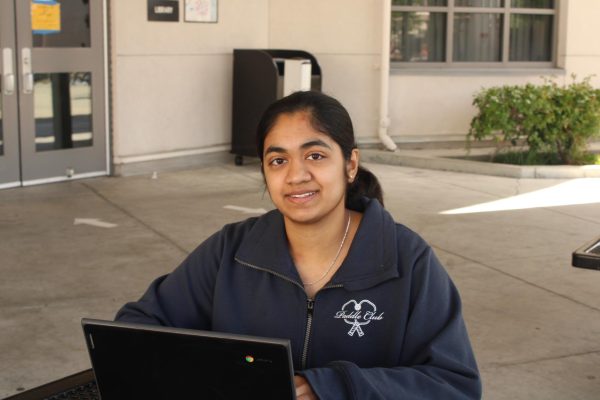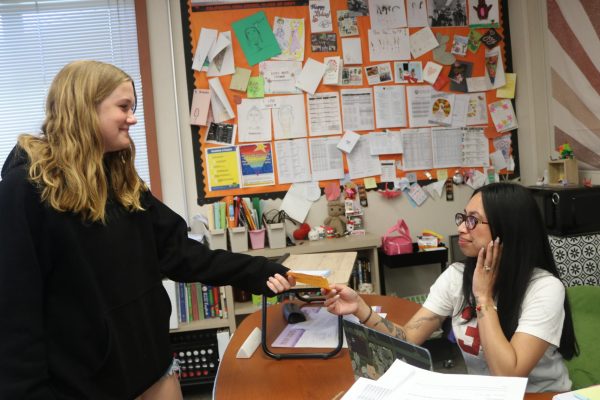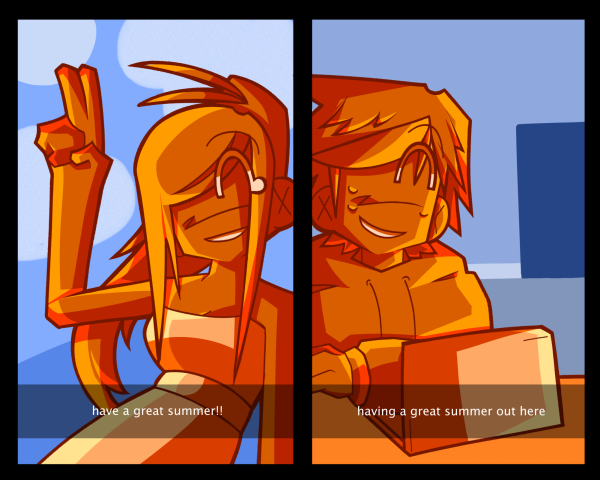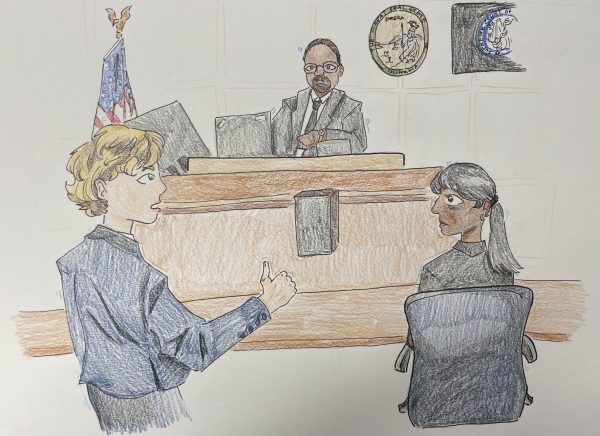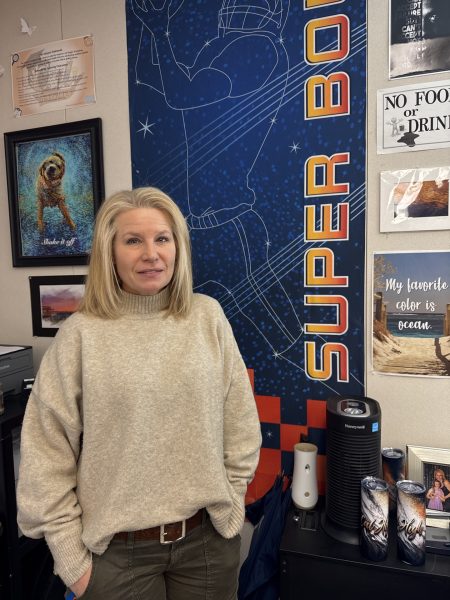Baiyu Zhu competes in physics
Senior is part of the US National Physics Team
Senior Baiyu Zhu solves a problem on a board in the AP Environmental Science classroom. Zhu is part of the US National Physics Team and is president of Cal’s Physics Club.
Like most high school students, senior Baiyu Zhu’s participation in physics started as a way to build his college resume.
But his passion for the subject quickly led to him qualifying for the US National Physics Team.
“It started in 10th grade, I just picked up a physics book and read it,” Zhu said. “I realized I just liked studying physics.”
Zhu’s appreciation for the topic only grew after that. In addition to reading up on physics topics in his free time, he signed up for AP Physics 2, with recently retired Cal High teacher Debbie Sater, and other classes that explore physics topics like AP Calculus taught by Jatinder Singh.
“[Zhu] is brilliant,” Singh said. “He has a lot of critical thinking and perseverance you don’t always see in students.”
Zhu is also the president of Cal’s Physics Club, which Singh advises. He uses this club to teach others about the concepts and logistics behind physics.
“[He] gives us a very in-depth explanation, like how the things [physics equations] will actually work,” junior Rex Ouyang said. “He goes into it, like the calculus behind it.”
As Zhu continued to learn more about physics, he decided to take the F=Ma exam to qualify for the USA Physics Olympiad exam. The exam, which Zhu took last February during his junior year, consists of 25 multiple choice questions and is taken within 75 minutes.
His outstanding score qualified him to take the Physics Olympiad exam in April, which includes a broad range of topics such as mechanics, the study of the relationships between force, matter, and motion among physical objects.
Zhu knew the Physics Olympiad exam was the biggest and most competitive physics competition in the country, but he was up for the challenge.
Of the more than 400 students who take the exam, only about 20 are selected to be on the US Physics Team, which trains to compete in the annual International Physics Olympiad. Zhu qualified this past April, and plans to do so again next spring.
The 20 students on the US team vigorously train and participate in practice exams for two weeks at the University of Maryland. Of those, only five qualify for the international level and go on to compete against students from other countries in the International Physics Olympiad.
Although Zhu, who traveled to Maryland to train this past summer, did not qualify for the international team, he still holds a great passion for the subject and continues to challenge himself. His favorite physics topic to study is relativity, even though he thinks it is the most complex physics topic.
His dedication to physics goes beyond just building his resume. Zhu hopes to study physics in college and go into a career in theoretical physics, a branch of physics that utilizes various types of complex mathematical models.
Zhu’s friends understand the hard work it takes to achieve his accomplishments.
“It goes unnoticed, the amount of effort and time he has put in,” said junior Nandan Diwan, Zhu’s friend and a fellow physics club officer. “It’s like playing a sport, and you’re really good at the sport, except not many people know about it.”
Though his parents aren’t involved in physics, Zhu found mentorship in physics-based YouTube channels and in Singh, who studied electrical engineering in college and has a strong passion for physics.
Singh believes knowledge of basic physics is important for all subjects, and can be applied to any field. Zhu, like his mentor, encourages others to explore the world of physics competitions if they believe they can handle it.
“It really depends,” Zhu said. “If you have the grades and can manage your time, it’s great to do the competitions.”
Zhu gives back and assists those who have trouble solving physics problems the same way he initially learned: through his own YouTube channel.
“[Zhu] has a YouTube channel where he posts worked out solutions,” Ouyang said. “ He walks you through MCQs from his competitions.”
Singh praised Zhu on his ability to manage his challenging course load, filled with weighted courses such as AP Calculus and AP Physics, as well as qualifying for the physics team and leading the Physics club.
“I think he has a very sharp brain,” Singh said. “I see it when he is solving problems. He looks at it outside the box.”
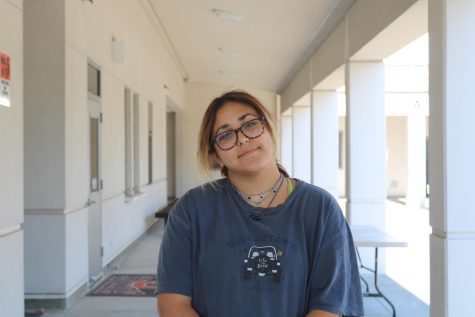
Senior Rebbeca Haghnegahdar is a staff writer for The Californian and is in her first year at Cal, and she joined the newspaper after being involved in...
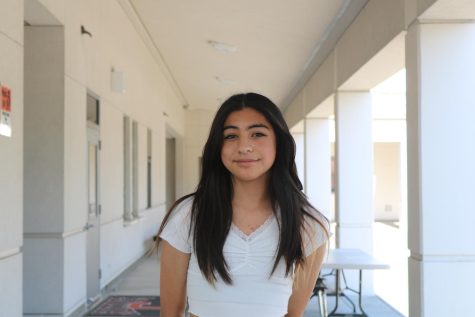
Junior Cameron Ho is a journalist for The Californian. Whenever they aren't doing school work you can find them playing video games with friends. They...


